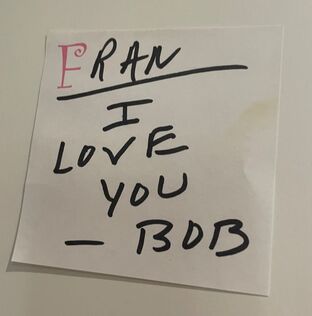 “Memories stick to things. Out of nowhere, something finds your nose, ears, or eyes and you’re on the other side of the country or world or in a whole other decade, being kissed by a doe-eyed beauty or punched by a drunken pal. You’ve got no control over it, none at all.” --Lynda Rutledge, West with Giraffes What a perfect quote to express the power of the senses in grief. It shimmered off the page of Lynda’s gorgeous, heartfelt novel. As she aptly observes, sense memories can come “out of nowhere”—as startling as they are comforting and as overwhelming as they are grounding. Having served for years as a pastor and a co-founder of FaithandGrief.org, I have worked with countless aching hearts grappling with the many flavors of loss. And I have witnessed the complex role all our senses can play in our grief journeys. They can function as guideposts, rabbit holes, or occasionally, sparkling gems—triggering tidal waves of sorrow, surprise, delight—and even all three in the same moment.
3 Comments
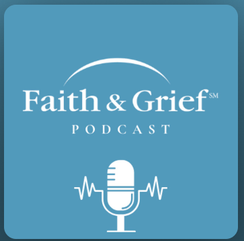 Author, podcaster, non-profit Co-Founder. Life's journey takes us in amazing and often unforeseen directions. This week I had the chance to talk about my new book on the Faith & Grief podcast. I hope you'll take a few minutes to listen. You can hear the podcast on Apple podcasts at is.gd/FranatFaithandGrief or on Spotify at is.gd/FaithandGrief_Fran  A few days ago, I was startled by a Grief Goblin who stopped me in my tracks, transported me across miles and years, and zapped me of all energy. Mind you, I’ve been engaged in grief work for years, and yet this goblin’s sneakiness startled me with its stubbornness. Goblin would not go away even though I’m certain it was aware of the mountain of work I had to do in such a short amount of time. Given this go-to encounter with Goblin, I was grateful for the sacred space and time offered through the Spiritual Practice Zoom session’s that are compendium of my book, The Spirituality of Grief. This one-hour gathering on alternating Tuesday evenings from 7–8 p.m. CST provides a haven for those in raw or lingering grief. On Thursday, May 18, Zeena Regis, the Faith Outreach Manager at Compassion & Choices and Fran shared a valuable, rich conversation. They discussed how spirituality and grief can influence end-of-life decision-making. Watch their full discussion here.
 What is grief? This is a daunting question, even for a pastor, and spiritual director — because a person’s grief experience is as unique as their fingerprint. Relationships, circumstances, and contexts are myriad in their complexity, and they intertwine in an unlimited range of scenarios and emotions. But the one thread that typically binds them is love — and as some say, love unexpressed. Grief’s magnitude is so often proportional to the love we feel and will always carry. Within this boundless container of love, the permutations can be infinite — grief that’s complicated, anticipatory or even disenfranchised.  Parched. Languishing. Afraid this was who I would be…forevermore…after the death of my Mom. I know that spell check thinks it should be a lower case “m”; but, hey, it’s my Mom with a capital M. Then late one night at the office (because I hadn’t been able to complete any task during the day), I pulled from my mailroom cubby an unprofessional looking beige flyer. I remember thinking, “If I was a flyer, I’d look just like this.” So, because of the personal connection established, I began to read. The flyer was advertising an opportunity to participate in a spiritual formation group. Words like authentic, compassion, and community were on the page. These words, plus the bold typed contemplative soul care moved me to tears.  “For even while we mourn, we do not forget how our life can join God’s larger dance of life and hope.” -- Henri Nouwen I love this quote from Henri Nouwen, because I think it perfectly and poignantly captures the bittersweet essence of the grief journey and the hope life can bring. So, welcome to our journey into The Spirituality of Grief: Ten Practices for Those Who Remain. At first, my title might give you pause. You might think, “How can grief possibly be part of a spiritual practice when it sinks me into the deepest morass of misery, pain, panic and paralysis?” No argument there, but I have found in my work as a pastor, spiritual director, grief educator and human being that this is precisely where we encounter the most durable kind of faith — and where we are most likely to encounter God. 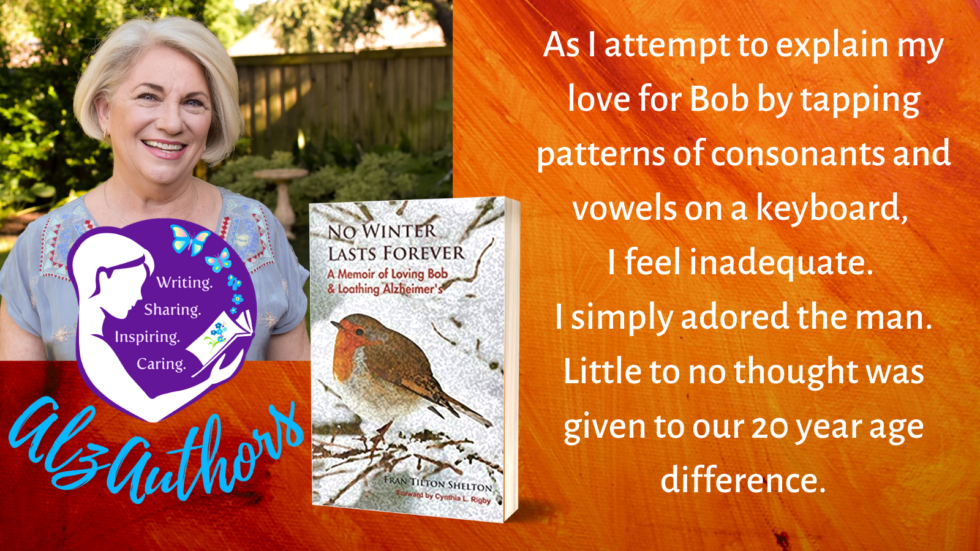 The 13th century poet, Rumi, acknowledged in a poem about love “though the pen wanted badly to write when it came to Love, its nib split apart…In the end only Love could explain itself and what it is to be a lover.” As I attempt to explain my love for Bob by tapping patterns of consonants and vowels on a keyboard, Rumi’s words resonate with my feelings of inadequacy. I simply adored the man. 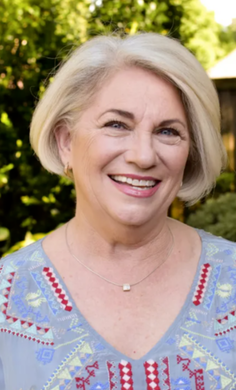 A literary hankering glommed onto me early in my ministry. When parishioners encouraged me to publish prayers penned from my heart, I’d feel my soul expand. Then Bob, my husband and former homiletics professor, would add, “What about including some of your sermons, too?” Yet my personal fear of failure and incessant insecurities would successfully pry loose the hankering. Reality would speak up reminding me, “Pastors will fly across the country to preach but won’t walk across the street to hear a sermon.” I was recently interviewed by VoyageDallas.com about Faith & Grief Ministries and my book. Check out the article here at voyagedallas.com.
|
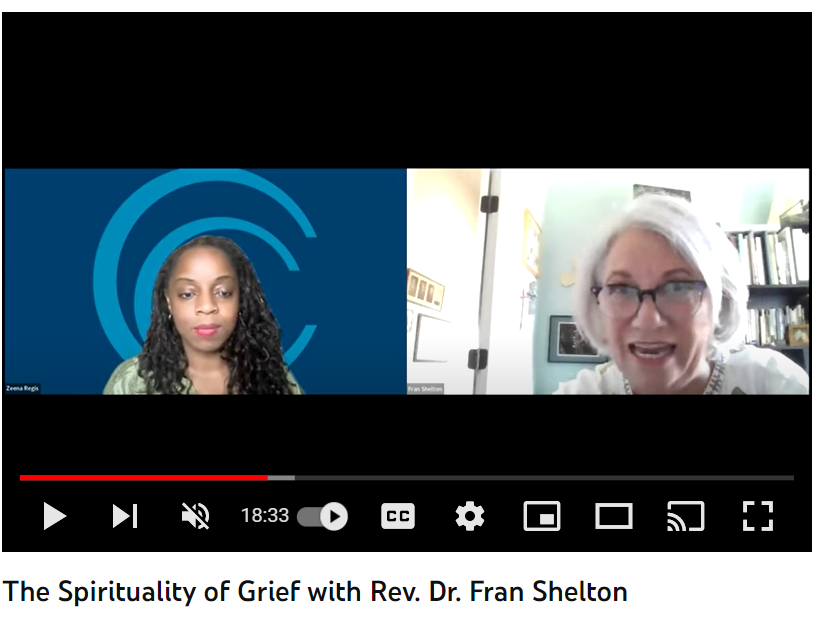
 RSS Feed
RSS Feed